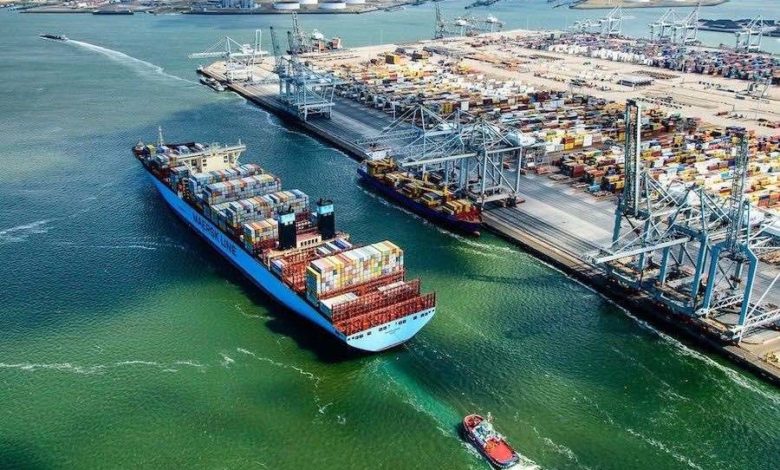EU takes aim at ‘insufficient’ measures taken by the IMO and maps its own green shipping agenda

The European Union has splintered global shipping regulation, taking more firm, decisive action on the environment on Tuesday than the International Maritime Organization (IMO) has managed in years. IMO’s legitimacy as shipping’s global regulator has never been more threatened.
The Environment Committee at the European Union voted on Tuesday to include CO2 emissions from the maritime sector in the EU Emissions Trading System (ETS).
In addition, MEPs say that market-based emissions reduction policies are not enough, so they also introducing binding requirements for shipping companies to reduce their annual average CO2 emissions per transport work, for all their ships, by at least 40% by 2030.
The committee has called for an Ocean Fund to be established for the period from 2023 to 2030, financed by revenues from auctioning allowances under the ETS, to make ships more energy efficient and to support investment in innovative technologies and infrastructure, such as alternative fuel and green ports, to decarbonise the maritime transport sector. 20% of the revenues under the fund would be used to contribute to protecting, restoring and efficiently managing marine ecosystems impacted by global warming.
MEPs agreed that it is important to align the EU and IMO reporting obligations, as proposed by the commission. However, they believe there is insufficient progress in the IMO and have asked the commission to examine the overall environmental integrity of the measures decided upon by the IMO, including the targets under the Paris Agreement. A global ambitious agreement on GHG emissions from shipping is urgently needed, they said.
The new European legislation is likely to be ratified in September.
The IMO, which had desperately been hoping the EU would not go down its own green shipping path, is holding informal virtual discussions on short-term greenhouse gas emission measures this week.

So, AGENDA2030 is underway. We see politicians replacing bankers, so in 15 years Europe will be reduced to rubble and China will occupy the crater.